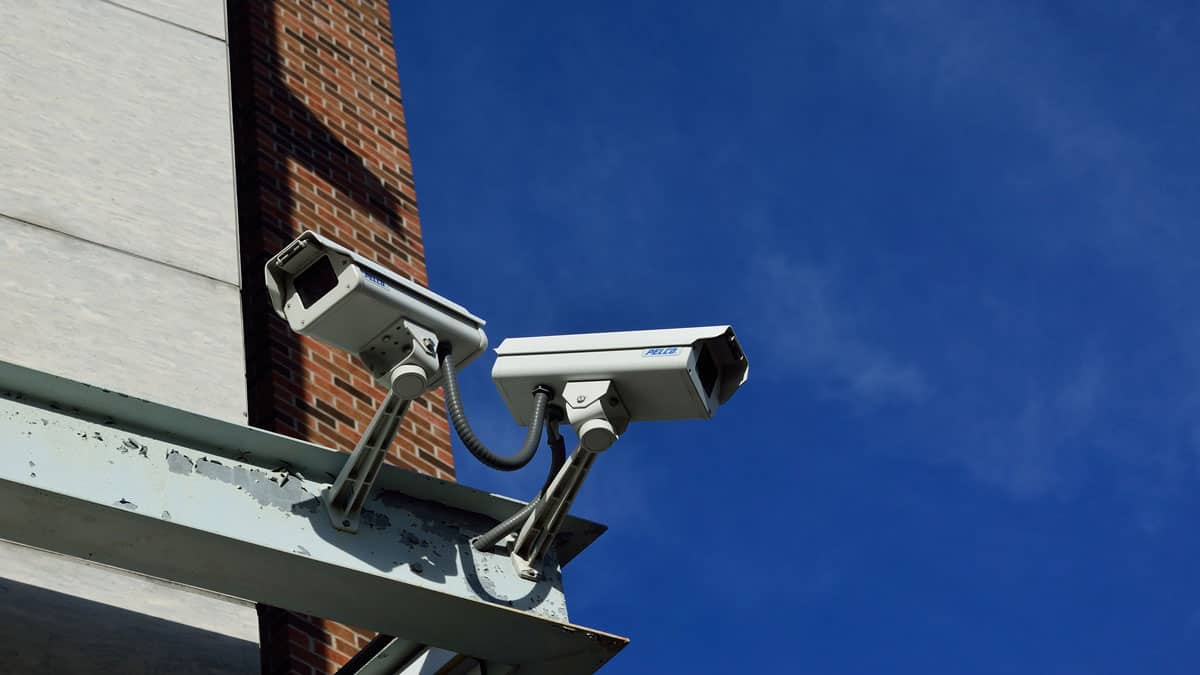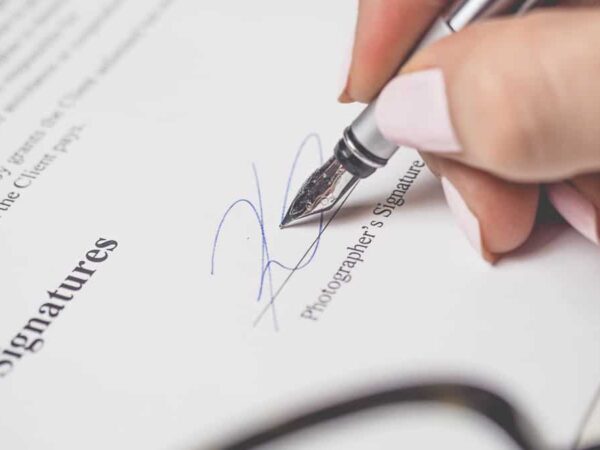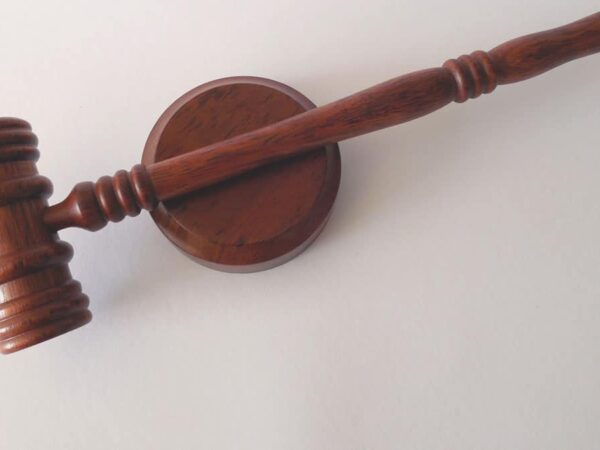How Small Businesses Can Manage Risk and Prevent Loss
There are simple, actionable ways small business owners can manage risk and prevent loss. Here’s what you need to know.

According to The Hartford’s analysis of small business claims, “4 out of 10 small business owners are likely to experience a property or general liability claim in the next 10 years.” Dealing with property and general liability claims can result in needless lost time, great expense, and extreme frustration. In this case, the adage “an ounce of prevention is worth a pound of cure” holds true. Fortunately, there are simple, actionable ways small business owners can manage risk and prevent loss. Here’s what you need to know.
Key Property and General Liability Claim Statistics
According to The Hartford, common property and general liability claims for small business fall under the following categories:
- Burglary or Theft (20%)
- Damage from Wind or Hail (15%)
- Damage from Water or Freezing (10%)
- Fire Damage (10%)
- Customer Slip and Fall (10%)
The costs of these property and general liability claims can add up quickly. According to the Hartford, the average claim is:
- Reputational Harm ($50,000)
- Vehicle Accident ($45,000)
- Fire Damage ($35,000)
- Product Liability ($35,000)
- Customer Injury or Damage ($30,000)
The numbers are pretty clear – taking smart risk prevention and loss management steps can save small business owners substantial amounts of money, not to mention lost time and headaches dealing with claims.
Preventing Burglary and Theft
As a small business owner, one of the most common risks your business faces is the loss of money and property due to theft or burglary. The Hartford reports that 20% of small business claims involve burglary or theft. The Hartford advises that small business owners take a few simple steps to manage risk and prevent loss from burglary or theft.
The first step is to conduct employee background checks. The advent of modern technology has made background checks simple and low-cost. By conducting preliminary background checks of potential employees, you avoid hiring candidates who have red flags in their history.
The second step is to have adequate devices installed to protect and monitor your business property. Spending a few bucks up front for a security system not only helps you catch any crooks that do make their way in, but also serves as a deterrent.
Protect Your Reputation
The costliest potential claim for small businesses is due to reputational harm. The Hartford reports that the average cost of a reputational harm claim is $50,000.
Experts advise that there are two simple ways to prevent a reputational claim:
- The first is to avoid criticizing a competitor, either publicly or to customers. This may open you up to an unwanted claim of harm.
- The second is to be aware of intellectual property infringement issues. Be sure to have permission to post other businesses’ photos or content on your website, business materials, press materials, etc. According to copyright law, photos and images aren’t the only items protected by copyright. Copyright can also protect original works of music, writing, creative art, films, computer software, architecture, or websites.
Failure to obtain the proper consent and unauthorized use of any of these items can open your business up to a copyright infringement claim, and potentially expensive litigation. The Hartford reports that 35% of all general liability claims end in a lawsuit. The cost of small business litigation can quickly add up; that lawsuit may increase the average claim to more than $75,000 in order to defend and settle.
Intellectual property laws are complex. To learn more about intellectual property, copyrights, and small business, visit Accion’s Business Resource, Definition of Intellectual Property. When in doubt, consult with an intellectual property lawyer before using another’s potentially copyrighted material.
Educate Yourself About Other Potential Risks
Part of running your small business is sheltering that business from harm and liability. Theft and reputational harm are not the only potential risks small businesses face. They’re the most common and most expensive, but you’ll need to carefully consider your business’s needs and risks to make sure you’re minimizing your risk. You may need to consider premises or product liability, for example. To get started, check out The Hartford’s Business Insurance for Start-Ups.
Better Safe Than Sorry
No small business owner is immune from potential risks and loss. But there are a lot of simple steps you can take to help manage those risks and prevent as much loss as possible. Start with common sense – keep your premises up, put up a security system, and put safety first. And whenever you’re in doubt, contact an attorney, insurance specialist, or other professional to make sure you have the protection you need.









